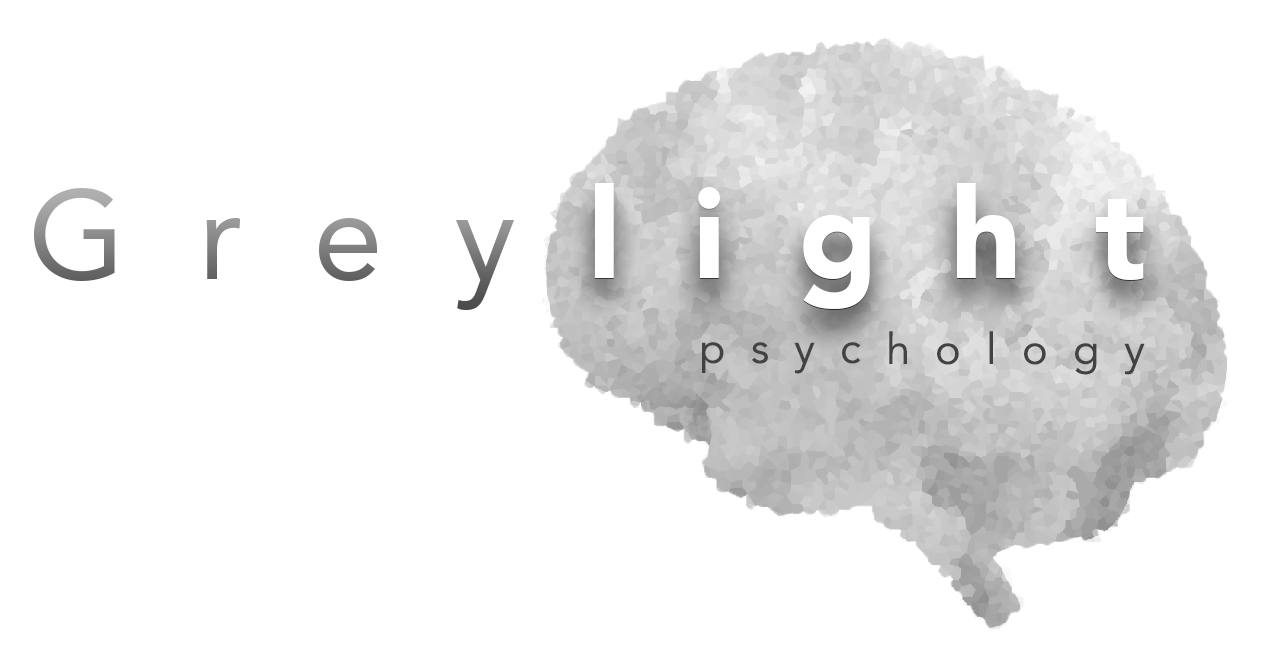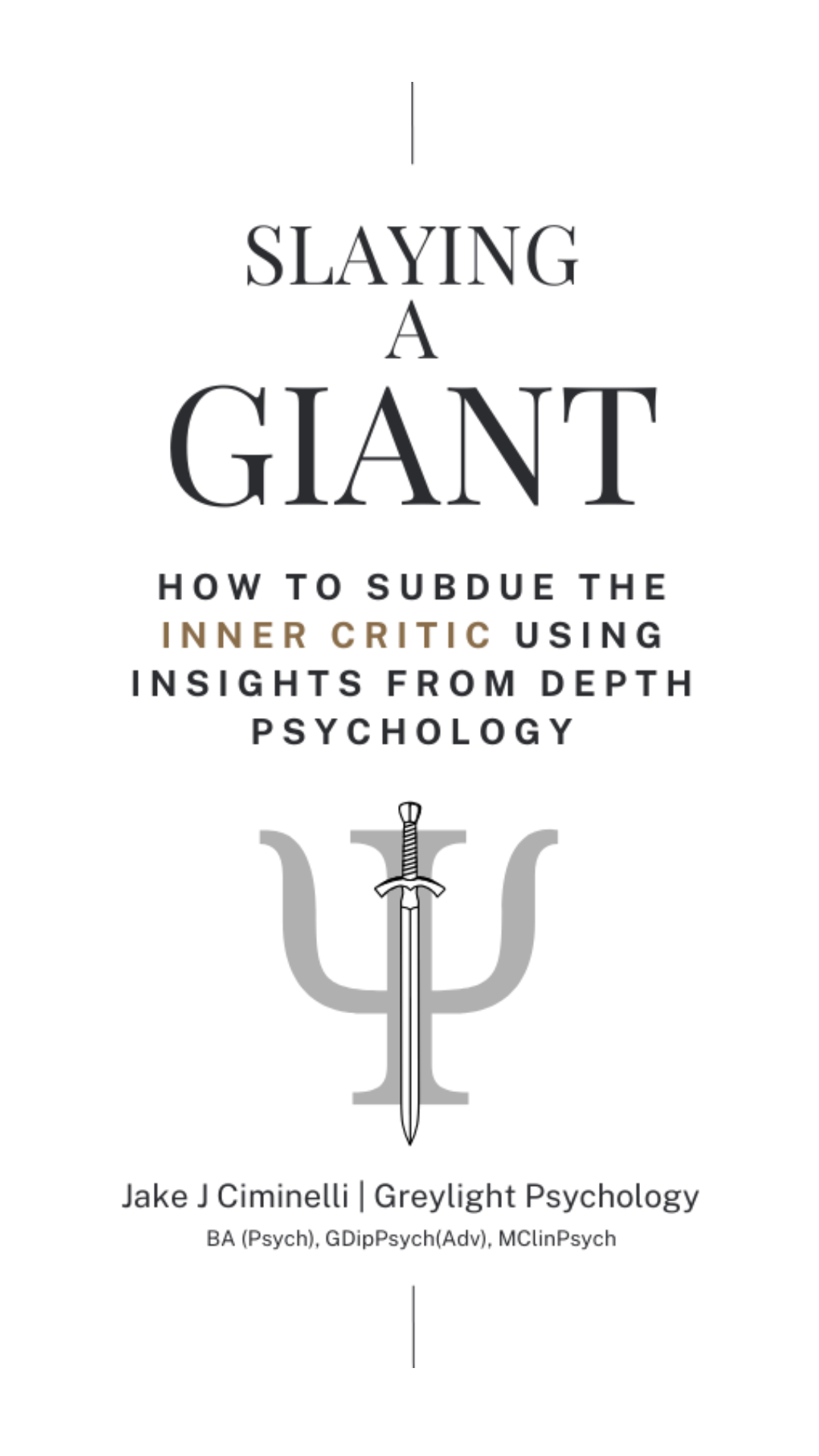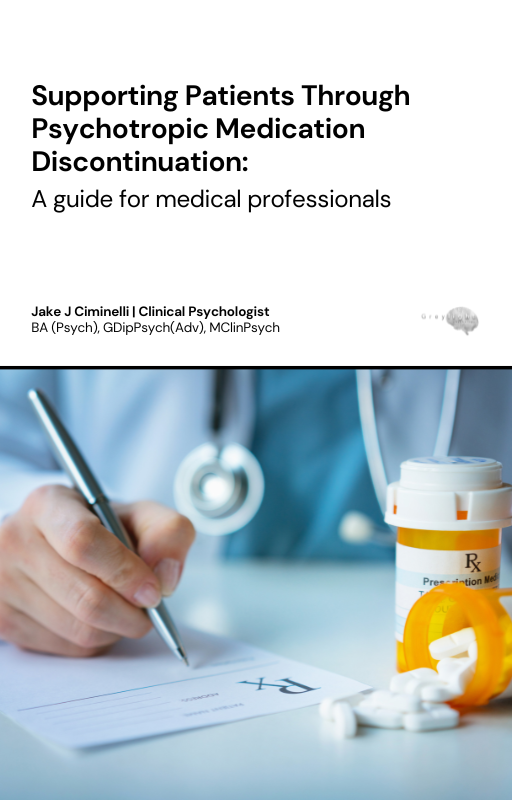
Learn, Heal, Grow — On Your Terms.
eBooks designed for those who feel confident applying therapeutic strategies on their own, or for individuals who want to better understand what’s involved in helping themselves or a loved one.
Each guide is self-paced, accessible, and grounded in evidence-based psychological practices. While they aren’t a substitute for 1:1 therapy, they can be a powerful companion to ongoing professional support, offering clarity, structure, and insight at your own pace.
A grounded, trauma-informed guide to healing when you've been carrying too much for too long.
This self-paced guidebook is designed for individuals living with Complex PTSD (C-PTSD) stemming from childhood trauma, emotional neglect, relational wounds, or long-term stress exposure. Created by a clinical psychologist and deeply informed by Schema Therapy, this guide offers both compassion and clarity—helping you understand why you feel the way you do, and how to begin making sense of your inner world.
You’ll be guided through core concepts like inner child work, schema modes, emotional flashbacks, and survival strategies—arming you with insight and structure while gently encouraging self-connection and reparenting practices. This is not just a workbook—it’s a supportive framework for beginning (or deepening) your healing journey outside of, or alongside, therapy.
Note: This guidebook is not a replacement for professional therapy, but a powerful adjunct or entry point for self-directed healing.
Inside, you’ll explore:
What Complex PTSD really is—and how it differs from classic PTSD
The emotional and neurological legacies of developmental trauma
Schema Therapy concepts like core schemas, coping modes, and inner parts
The role of the Vulnerable Child, Punitive Parent, Perfectionistic Overcontroller, Detached Protector, and more
Understanding triggers, emotional flashbacks, and how to navigate them
Identifying unmet core emotional needs from childhood and how to meet them now
Reparenting tools to nurture the parts of you that never got what they needed
Exercises for emotion regulation, inner dialogue, self-compassion, and boundary repair
Guidance for recognizing when trauma-informed professional support may be needed
A trauma-sensitive, validating tone that empowers you to move at your own pace
A practical, science-based roadmap for reclaiming your mind—on your terms.
This self-guided therapy workbook is designed for individuals living with Obsessive-Compulsive Disorder (OCD) and intrusive thoughts—especially those ready to take charge of their recovery. Grounded in clinical best practices and written by a psychologist, this guidebook simulates a structured course of therapy using evidence-based approaches like Acceptance and Commitment Therapy (ACT) and Exposure and Response Prevention (ERP).
Whether you’re experiencing classic compulsions or lesser-known Pure-O presentations, you’ll find psychoeducation, actionable tools, and reflection exercises to help break the OCD cycle. With a compassionate tone and a no-nonsense structure, this guide is ideal for those who feel confident enough to start applying strategies independently—or for those waiting for therapy who want to begin making meaningful progress now.
Note: This guidebook is not a replacement for professional therapy, but a powerful adjunct or entry point for self-directed healing.
Inside, you’ll learn about:
The cognitive, biological, and psychological underpinnings of OCD
Pure-O, Harm-OCD, ROCD, SO-OCD, Scrupulosity, and other subtypes
The truth behind the ‘chemical imbalance’ theory and the role of neurotransmitters like serotonin, dopamine, and glutamate
Nutritional and genetic factors (e.g., B-vitamins, MTHFR polymorphisms)
How to break the OCD cycle using ACT principles like defusion, presence vs. premise, and values-based action
How to build distress tolerance and ride the “camel hump” of anxiety
Exposure and Response Prevention (ERP) strategies including imaginal and in-vivo exposures
Compulsion tracking and reduction tools like the “compulsion token” method
Guided self-reflection and values-mapping exercises to restore meaning and momentum in your life
A grounded, trauma-informed guide to healing when you've been carrying too much for too long.
This self-paced guidebook is designed for individuals living with Complex PTSD (C-PTSD) stemming from childhood trauma, emotional neglect, relational wounds, or long-term stress exposure. Created by a clinical psychologist and deeply informed by Schema Therapy, this guide offers both compassion and clarity—helping you understand why you feel the way you do, and how to begin making sense of your inner world.
You’ll be guided through core concepts like inner child work, schema modes, emotional flashbacks, and survival strategies—arming you with insight and structure while gently encouraging self-connection and reparenting practices. This is not just a workbook—it’s a supportive framework for beginning (or deepening) your healing journey outside of, or alongside, therapy.
Note: This guidebook is not a replacement for professional therapy, but a powerful adjunct or entry point for self-directed healing.
Inside, you’ll explore:
What Complex PTSD really is—and how it differs from classic PTSD
The emotional and neurological legacies of developmental trauma
Schema Therapy concepts like core schemas, coping modes, and inner parts
The role of the Vulnerable Child, Punitive Parent, Perfectionistic Overcontroller, Detached Protector, and more
Understanding triggers, emotional flashbacks, and how to navigate them
Identifying unmet core emotional needs from childhood and how to meet them now
Reparenting tools to nurture the parts of you that never got what they needed
Exercises for emotion regulation, inner dialogue, self-compassion, and boundary repair
Guidance for recognizing when trauma-informed professional support may be needed
A trauma-sensitive, validating tone that empowers you to move at your own pace
A concise, evidence-based guide for medical and mental health professionals.
This practical handbook helps clinicians safely recognise, validate, and guide patients through the complex process of psychotropic medication withdrawal. Drawing on emerging neurobiological research, it challenges outdated assumptions that withdrawal is short-lived or purely psychological—providing a modern, science-backed framework for best practice care.
Inside this guide, you’ll learn:
How to distinguish withdrawal from relapse
Understand key differences in onset, symptom pattern, and physiology to prevent misdiagnosis and unnecessary reinstatement.Why withdrawal symptoms are not “all in the mind”
Learn how receptor-level neuroadaptations to antidepressants, antipsychotics, and other psychotropics underpin the withdrawal process.Why linear tapers fail
Explore the hyperbolic dose-response curve and why equal reductions at low doses can trigger severe withdrawal.The emerging gold standard tapering method
Step-by-step guidance on reducing doses by 10% of the current amount every 3–4 weeks to maintain nervous system stability.How to avoid complicating recovery with new prescriptions
Discover why adding medications like benzodiazepines, gabapentinoids, or antipsychotics can worsen withdrawal and prolong neuroadaptation.Practical strategies for clinicians
Evidence-based recommendations to validate patients, reduce harm, and support long-term healing through stability and gradual change.
Start Your Journey Towards Lasting Peace, Clarity and Growth Today
Confidential & collaborative online therapy for teens and adults of all ages Australia-wide




